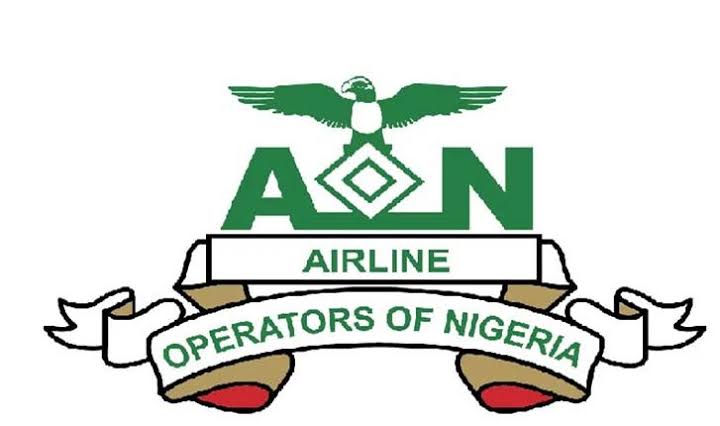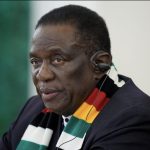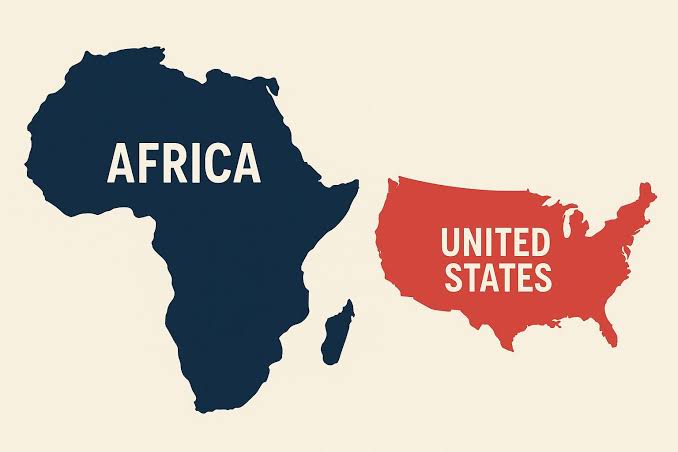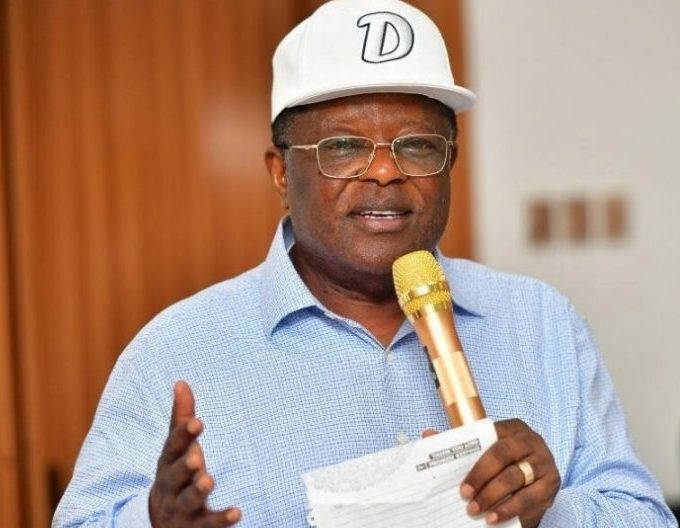
Tinubu’s Signed Tax Reform Could Ground Nigerian Airlines in 48hrs —Airline Operators

Domestic airlines under the umbrella of Airline Operators of Nigeria (AON) have issued a warning about the newly signed Tax Reform Act, noting that its implementation from January 1, 2026, could cripple their operations within 48 hours.
At the 29th annual conference of the League of Airport and Aviation Correspondents (LAAC) in Lagos, Airline Operators of Nigeria (AON) Vice Chairman Allen Onyema, who also chairs Air Peace, the country’s largest carrier, sounded the alarm.
He warned that the return of customs duties on imported aircraft and spare parts, alongside new taxes on ticket fares, could bring domestic carriers to their knees within two days of the reforms taking effect.
Onyema stressed that aviation, unlike high-margin sectors such as agriculture or import trade, operates on razor-thin returns of 3–5%, leaving little room to absorb fresh tax burdens.
He urged the government to adopt a “cost-recovery” model, in line with International Civil Aviation Organisation (ICAO) standards, rather than using aviation as a revenue cash cow.
Recall, on June 26, 2025, President Bola Tinubu signed four sweeping tax bills into law — the Nigeria Tax Act (NTA), Nigeria Tax Administration Act (NTAA), Nigeria Revenue Service Act (NRSA), and the Joint Revenue Board Act (JRBA), set to be implemented on January 1, 2026.
The reforms, part of what the government call a “tax revolution,” promise to widen the tax net, expand VAT coverage, introduce levies on previously exempt sectors, and tighten compliance measures.
But for many Nigerians, it looks less like reform. As earlier reported, provisions include taxes on everyday fuel, informal earnings, small borrowers, and previously duty-free imports. All while the government has yet to publish the final signed version of the bills, sparking suspicion that more controversial clauses may be hidden from public view.
Economist Bismarck Rewane, CEO of Financial Derivatives Company, added that the tax shock comes when the air transport sector is already distressed. Contracting by 0.81% in the first quarter of 2025, it was its sixth consecutive quarterly decline. He called for policy consistency to rebuild investor confidence and attract global aviation capital.
According to Rewane, the Minister of Aviation and Aerospace Development, Festus Keyamo, is reportedly discussing shielding the sector from the most damaging provisions. However, no official exemptions have been announced.
Read Also: Permanent ‘Technical Glitch’: Inside Nigeria’s Billion-Naira Scam Industry
About The Author
Related Articles
Malian Prime Minister Presents 2025 Government Report, Pledges Stability and Reform
Mali’s Prime Minister, Major General Abdoulaye Maïga, has presented the government’s 2025...
ByWest Africa WeeklyMarch 2, 2026AES Ministers Conclude Roadmap Talks in Ouagadougou, Strengthen Security Coordination
Ministers of the Confederation of Sahel States have concluded high level discussions...
ByWest Africa WeeklyMarch 2, 2026Investigation Links Western Funding Networks and NGOs to African Conflict, Terror Financing, and Organised Crime
A transcontinental investigation has exposed an alleged web of Western-funded organisations and...
ByWest Africa WeeklyMarch 2, 2026Tinubu Approves Additional Endless Federal Road Projects While Old Projects Crawl at Snail’s Pace
President Bola Tinubu has approved a fresh round of federal road projects,...
ByWest Africa WeeklyMarch 2, 2026












Leave a comment